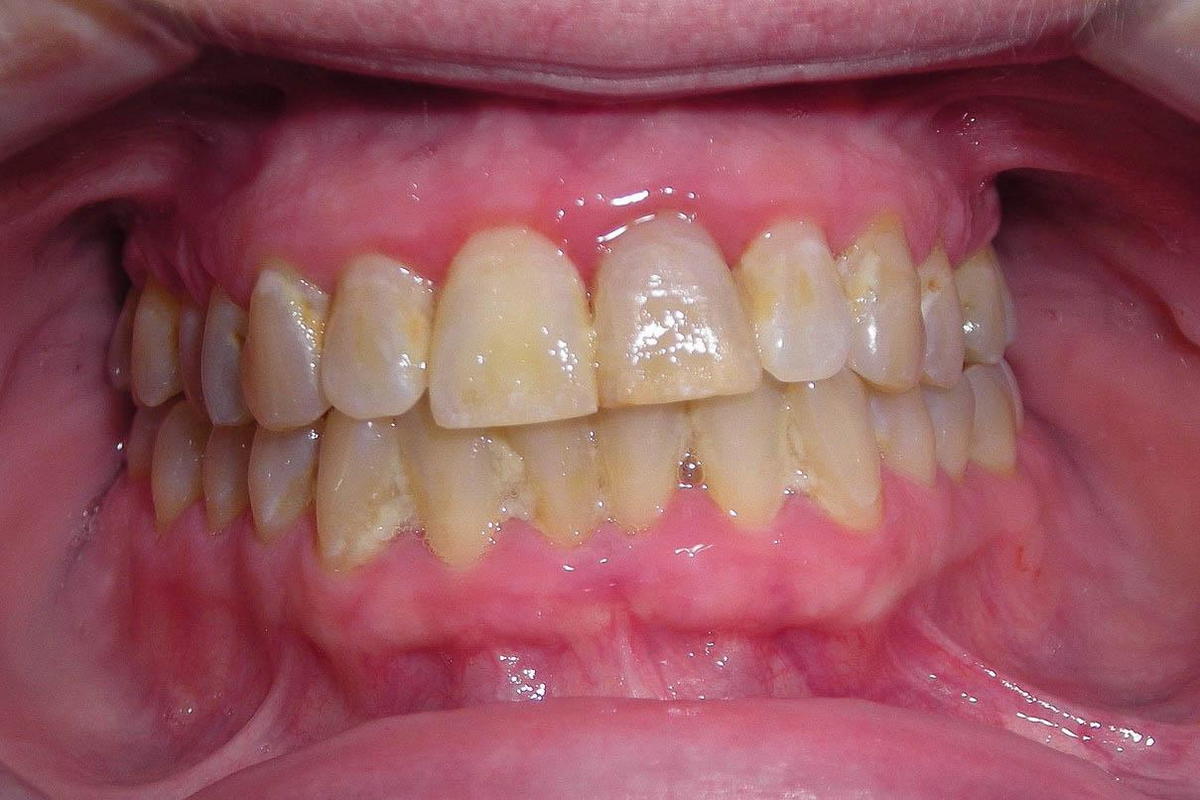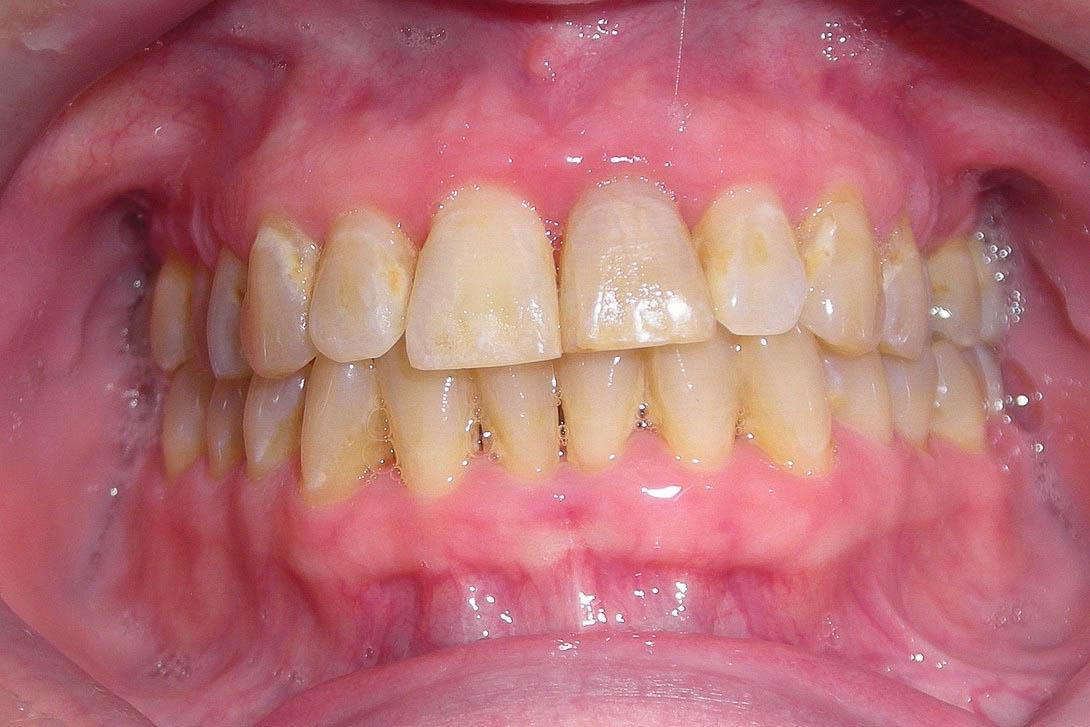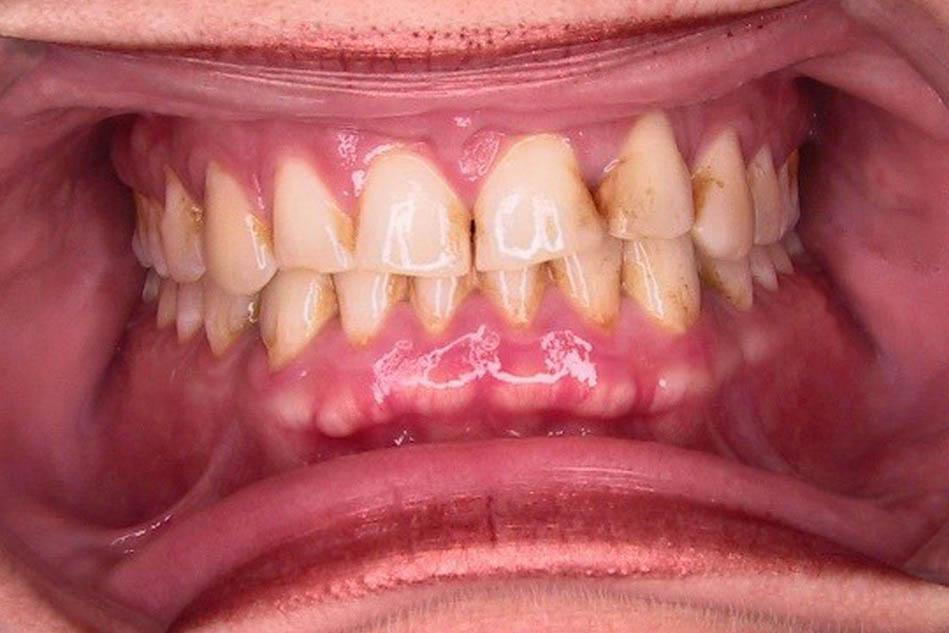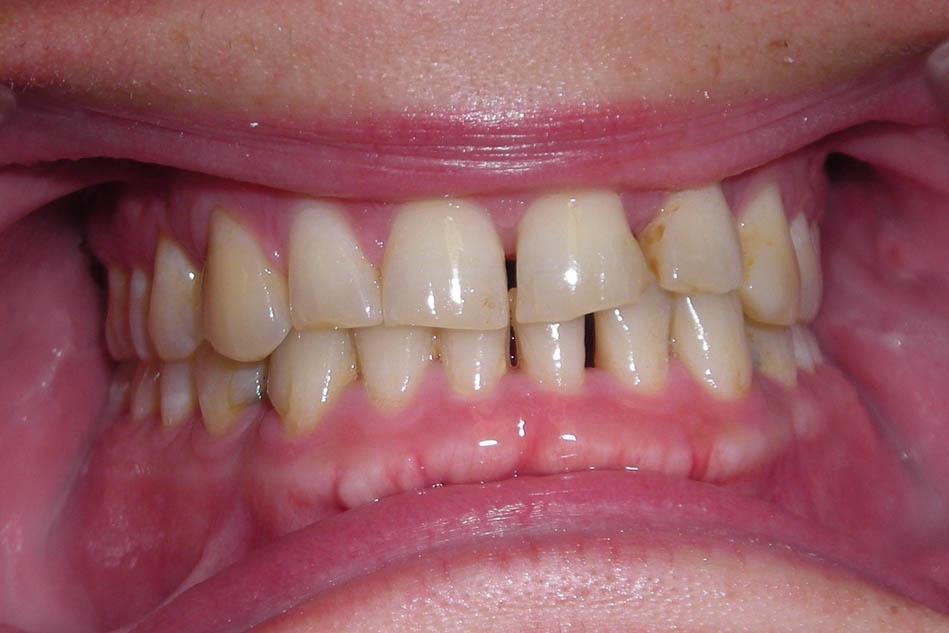My forty-five years of dentistry have taught me that, without a doubt, the most important service I can render to my patients is to teach them proper oral hygiene and to somehow have the ability to convince them how important it is. Without good oral hygiene, all dental treatment will fail. The patients leave themselves open for the dental bacteria to travel to other parts of their body…the infection does not stop suddenly at the neck. One cannot be totally healthy if he has a chronic low grade infection present in his mouth. The accomplishment that I am the most proud of in my dental career is the large number of patients who have listened to my oral hygiene instructions and now have healthy mouths. I am proud of my restorations but they can only be successful if the patients maintain them adequately. I also have contributed very much to these patients systemic health.
In 1967, I was introduced to the research of Dr. Surrindar Bhaskar, the commanding General of the U.S. Army Dental Corps. He was adapting the water irrigation principals that the Army Medical Corps was using to clean wounds inflicted by combat rifles. Dr. Bhaskar was a brilliant researcher and teacher. Two important points need to be made here. They are: 1. All of his research can and has been duplicated over and over. 2. He did not do this research for his own personal gain.
When I first started my own practice, in January of 1972, I referred the periodontal patients to the periodontist upon diagnosis of the condition and was met by a very high failure rate. After about six months I realized that unless I had successfully taught proper home care and the patients were completely compliant, the periodontist and I were going to fail and the patient would have undergone a painful and expensive treatment for no gain. After insisting that the patient modify their home care before any other treatment was rendered, I came to the conclusion that once the patients were doing the home care procedure that Dr. Bhaskar had developed, at least 70% of them no longer needed care by a periodontist.
The following pictures are of actual patients of Mendelson Family Dentistry. These are not in any way “touched up” and they are typical of the results of good oral hygiene.
Dental plaque and the resulting dental infection are very obvious in this picture. The plaque which causes dental disease is a biofilm which has the consistency of Elmer’s glue and cannot be adequately removed by flossing and brushing. Oral Irrigation, along with brushing, is the best way to remove this. Please note that this patient has no bone loss she has gingivitis. Her bone is very resistant to periodontal disease. If she continues to have poor oral hygiene, she will develop full blown periodontal disease and will lose her teeth. She has had cardiac bypass surgery. When she was informed on her March 13thappointment that dental disease plays a big role in heart disease, she was eager to learn just how to take care of her mouth and quite ready to do this on a DAILY BASIS.


March 13, 2007 March 20, 2007
The dental plaque is the white substance with that can be seen between her teeth. If one were to look at this plaque under a microscope, he or she would see that it is made up of living bacteria and their waste products. See how swollen and red the tissue is. At her March 13th appointment her teeth were cleaned and she was given oral hygiene instructions. She agreed to use oral irrigation along with brushing (water-pik appliance) twice a day and return to the office in one week for a follow up cleaning and photographs. You can easily see how much healing has taken place in just one week. She has continued to practice good oral hygiene and her tissue is now very healthy.


August 23, 2005 July 18, 2007
This patient is a young lady who has had several unsuccessful periodontal surgeries. She was referred to us by her mother. She has been a very compliant patient and has followed our instructions. She uses oral irrigation at night and regular tooth brushing. This has allowed her to bring her gums to maximum health without any surgeries or treatments by us except regular 6 month cleanings and exams. As you can see from these pictures taken two years apart, she has been well rewarded for her good oral hygiene.
HOW TO USE THE ORAL IRRIGATION DEVICE
Oral Irrigation devices such as the Water-Pik products and the Conair-Interplak products can be found at many local retail outlets.
- Fill the reservoir of the device with warm water. Do not use cold water. If you desire, add mouthwash (i.e. Listerine, Cepacol or Peridex).
- The power on the device should be set to a low number. It is not desirable to use it at maximum power.
- Place the tip in the mouth before turning the device on and turn it off before taking it out of your mouth.
- Shoot the water jet at right angles to the teeth, holding it in place for 5 seconds between each tooth.
- The best time to use this device is at bedtime. When you use it at other times of the day, try to not eat for at least 30 minutes following the procedure.
- In order for oral irrigation to be effective, it must be done on a daily basis.
- The best way to clean the irrigation device is to run apple cider vinegar through the appliance once every two to four weeks. Let it sit overnight with the vinegar in it. Rinse the appliance in the morning with cold water.
We urge out patients to use oral irrigation. It is, by far, the most effective way to rid our dentitions of the biofilm that causes dental caries and periodontal disease. Medical research has also shown a definite link between dental disease and blockage of the blood vessels that supply the heart. This is a very easy way to help both your dental and physical health.
